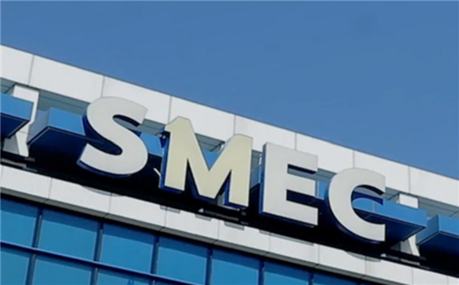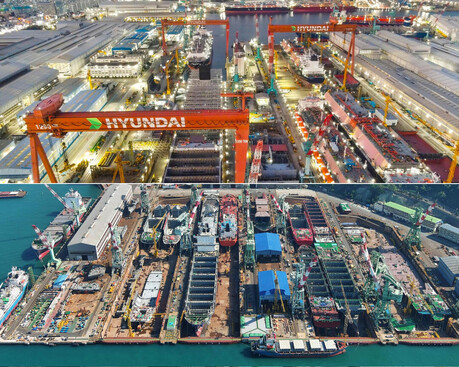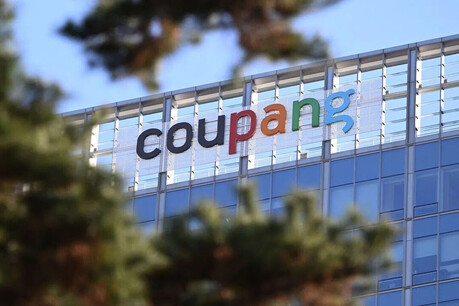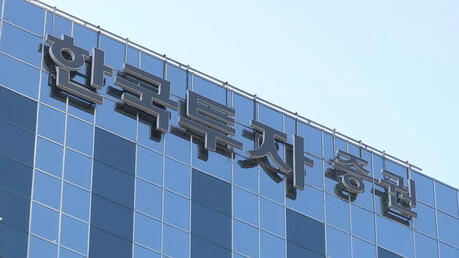
(C) Pixabay
SEOUL — South Korea's "Bit-tu" (investing with borrowed money) balance has surged to an all-time high, breaking a record set during the COVID-19-era liquidity boom. This speculative frenzy, fueled by expectations of a continued rally toward a "5000-point KOSPI," has prompted warnings from the financial investment sector, particularly concerning the elevated risk of sudden market corrections triggered by margin calls.
Leverage Reaches Unprecedented Levels
According to the Korea Financial Investment Association, the outstanding balance of stock-backed margin loans (credit purchases by individual investors) reached a staggering 25.878 trillion won on November 6, the most recent trading day. This figure surpasses the previous peak of 25.7 trillion won recorded on September 13, 2021, during the global period of low-interest rates and ample liquidity.
The current wave of margin trading is overwhelmingly concentrated in the KOSPI market, with a balance of 16.093 trillion won, dwarfing the KOSDAQ's 9.784 trillion won. This stark contrast is particularly noteworthy given the KOSPI's recent, rapid ascent to the 4200-point level.
Capital Goods and Semiconductors Dominate Speculation
Analysis of the investment flow reveals a pronounced sector concentration in margin buying. As of October 31, a massive 43% of the margin debt was funneled into two main areas: capital goods (including shipbuilding, defense, and power infrastructure) and semiconductors.
Capital Goods: 3.9 trillion won (27.7% of total margin debt)
Semiconductors: 2.2 trillion won (15.8% of total margin debt)
This trend indicates that retail investors are leveraging heavily into sectors that have been the year's top-performing market leaders, seeking to maximize returns from the uptrend.
Diverging Investor Strategies: Leverage vs. Inverse
A notable characteristic of the current "Bit-tu" surge, unlike the 2021 rally, is the divergence in retail investor behavior. While credit-based buying increased, general cash-based stock purchases by individuals in the KOSPI market showed a net-selling trend between April and October.
Lee Bo-mi, a senior research fellow at the Korea Institute of Finance's Capital Markets Research Office, suggests that the market is bifurcating retail investors into two camps: the "Leverage Tribe" and the "Inverse Tribe." One group is borrowing to bet on a continued rise in market leaders, mirroring institutional and foreign buying trends. The other group, however, is positioning for a market correction, as evidenced by the KODEX 200 Futures Inverse 2X exchange-traded fund (ETF) being the top net-purchased ETF by retail investors during the same period.
Margin Call Risk Looms Large
The significant concentration of margin debt in high-cap sectors has amplified concerns about the potential for widespread "Bandae-Maemae" (forced liquidation or margin calls). A margin call occurs when the collateral value of a leveraged stock purchase falls below a minimum threshold, forcing the brokerage firm to sell the stocks to recoup the loan.
The threat of a sharp correction is not merely theoretical. On November 6, forced liquidation reached approximately 21.86 billion won, marking the largest daily volume this year—nearly triple the average of 7.5 billion won seen over the previous month.
The sectors where margin debt is concentrated—capital goods and semiconductors—account for over 50% of the total KOSPI market capitalization, with giants like Samsung Electronics and SK Hynix alone comprising over 30%. Financial experts warn that any significant price drop in these key stocks, exacerbated by forced selling, could trigger a self-reinforcing downward spiral. This amplification effect poses a substantial systemic risk that could lead to a sharp, sudden index fluctuation, underscoring the urgent need for caution among leveraged investors.
[Copyright (c) Global Economic Times. All Rights Reserved.]





























